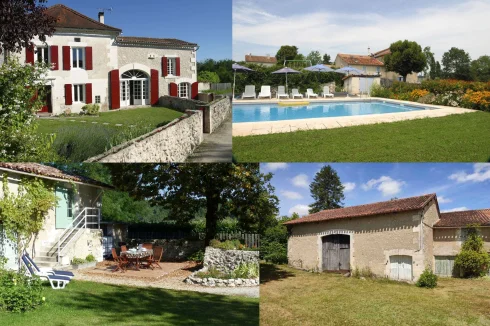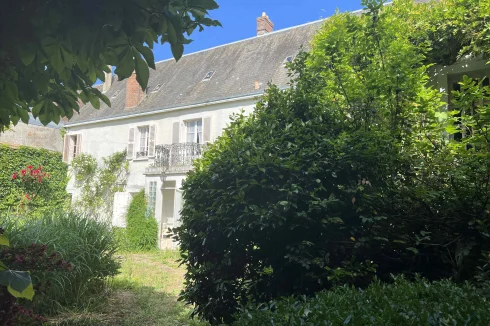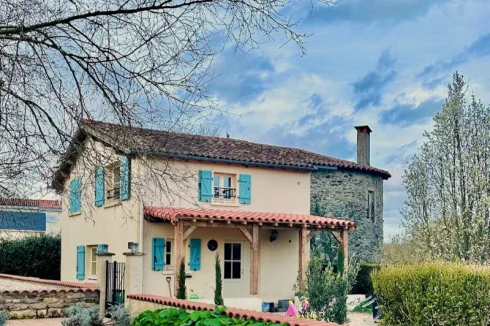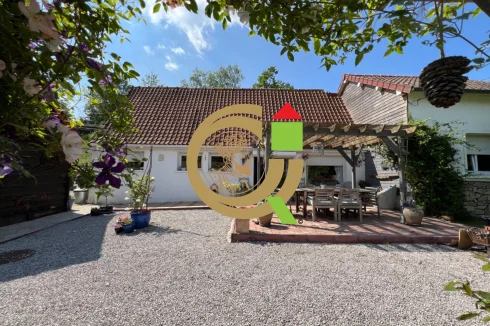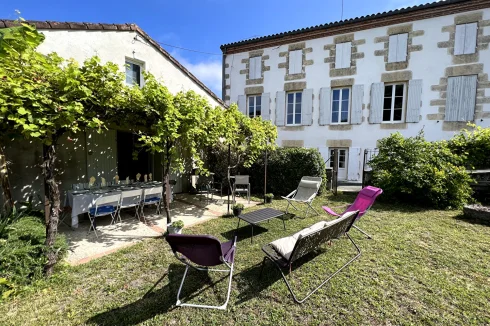Shake-Up Planned for French Television
Friday 01 February 2008
President Sarkozy has announced a radical shake up of French television, including the abolition of adverts on the public television channels.
At the present time, approximately 75% of the funding of public television channels comes from a licence fee of €111 per year, with the remainder coming from advertising.
An increase in the licence fee to replace the lost advertising revenue has been discounted because it would be politically unacceptable.
Accordingly, it is proposed that the additional revenue comes from a new tax on adverts on the private television channels, as well as a tax on home electrical equipment, internet and mobile telephone providers.
President Sarkozy justified the decision to abolish advertising on public television by stating that he wanted ‘a service of quality, which is not under the diktat of advertising revenues and audience figures’. It is clear the vision is inspired by the BBC, whom the President cited in making the announcement.
To anyone who has sat through an evening of much of the trash that is broadcast on French television, this seems a very welcome and noble objective, which chimes well with the President’s recently stated desire to create ‘une politique de civilisation’.
Nevertheless, some commentators have drawn attention to the close links that President Sarkozy has with the owners of the main private French television channels (TF1, Canal+ and M6), all of whom are going to benefit from any an increase in advertising revenues to their channels. Their share price has risen significantly since the announcement.
At the present time, the public television channels (France 2, 3, 4, and 5) receive around €850 million in advertising revenues, a large proportion of which is inevitably going to transfer to the private television channels. Whilst the amount of advertising on these channels is controlled, the rates on the remaining channels are bound to increase.
The Government have promised that there will be no reduction in the level of funding to the public channels, but in order to fully replace the advertising revenues, the level of of taxation on internet and mobile telephone operators is likely to be to the detriment of the industry, notably for the development of new entrants.
The President of the majority UMP party has also stated that some rationalisation of the public television services might be necessary in order to create a service that was provided original and quality programming.
That may well be no bad thing, for fewer channels would undoubtedly provide a funding opportunity to improve the quality of the offer. However, even if this should occur, it is by no means clear that a French audience, heavily dosed on a diet of game-shows and American imports, is actually going to watch them.
Changes to French International Services
In addition to these changes, President Sarkozy has announced some rationalisation of French international television and radio services, presently offered through France 24, TV5 Monde and Radio France International (RFI).
As part of this rationalisation, it is proposed that the English version of France 24 TV be abolished, with broadcasts only in French.
It is also proposed that there will be some centralisation of the administrative and editorial services of the three stations, but with each service continuing to retain its own branding.
The unilateral proposals of the President to reorganise the French international audiovisual services has angered their international Francophone partners.
Whilst the vast majority of the funding for TV5 Monde come from France, some of its funding also comes from Belgium, Switzerland and Quebec. These partners have made it clear that they have no wish to pay for a service that may simply become a mouthpiece for the greater glory of France.
Both Belgium and the Switzerland have sought assurances that the multilateral nature of the service will be maintained.
Many also wonder who will actually watch France 24 in the future if it is to be only broadcast in French. President Sarkozy explained his decision by stating, 'I’m not prepared to use taxpayers’ money to broadcast a channel that is not in French.' Fair enough, but if you do not happen to speak French, it might be a problem for you! Sub-titles have been suggested, but it is difficult to see how this can be a complete solution for a live, rolling news and current affairs service.
Thank you for showing an interest in our News section.
Our News section is no longer being published although our catalogue of articles remains in place.
If you found our News useful, please have a look at France Insider, our subscription based News service with in-depth analysis, or our authoritative Guides to France.
If you require advice and assistance with the purchase of French property and moving to France, then take a look at the France Insider Property Clinic.
